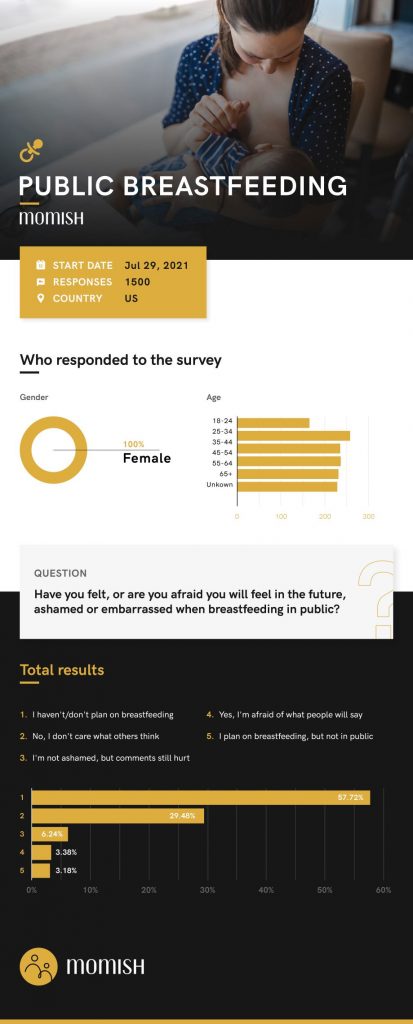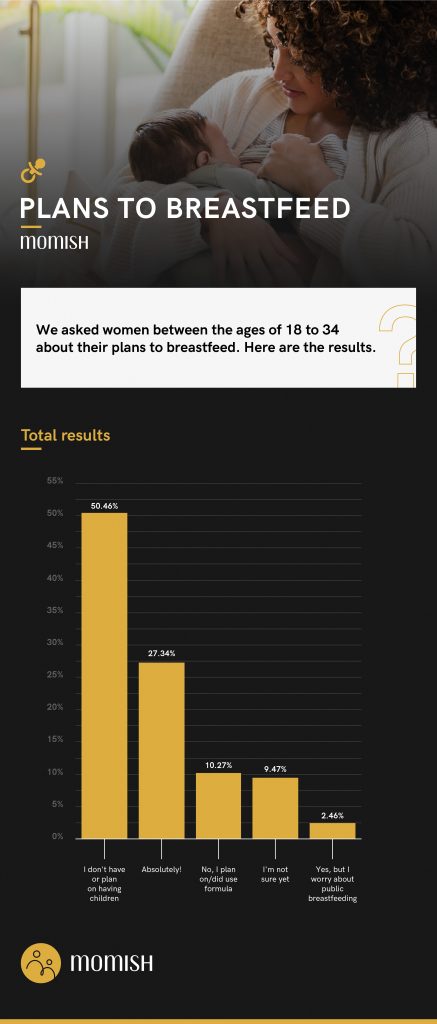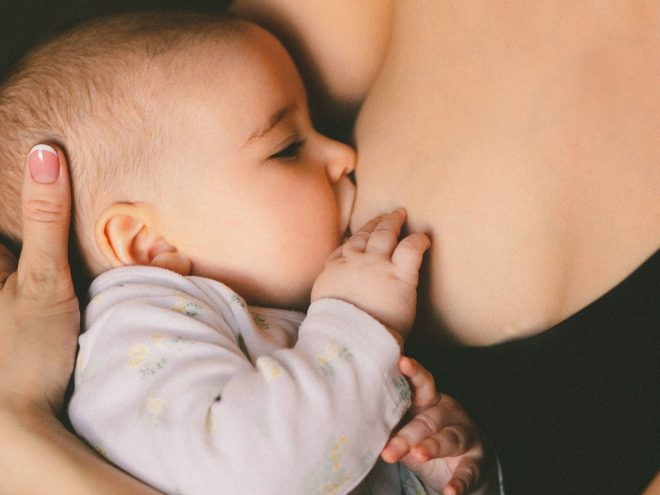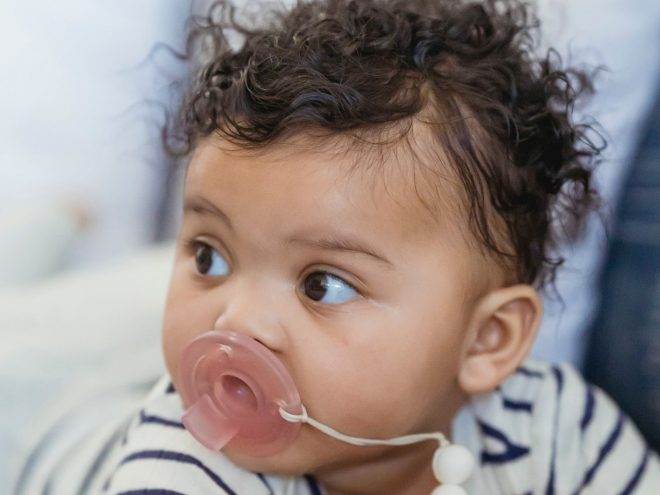Motherhood is a beautiful miracle. So is raising a baby. It’s a glorious celebration of the ongoing circle of life! So why is one of the vital activities associated with this most natural and noble of tasks treated with such controversy? Especially when it concerns something nearly all adults do in the presence of others — eating?
Here’s an inside look at the breastfeeding in public debate and where most women stand on the issue today.
The Multiple Health Benefits of Breastfeeding for Mother and Child
Mother Nature provided human moms with everything they need to nourish their infants. Breastfeeding remained the principal way to feed children until the middle of the 20th century. By 1972, only 22% of women breastfed their infants, opting instead for formula.
The advantages of the latter method made immediate sense, if not for the best health outcomes for infants. Women increasingly gained rights in society around the same time and began dedicating more time to their careers than previous generations. This dynamic often meant those looking to climb the ladder sought the most convenient means possible to keep their babies fed.
Formula meant that someone other than the birth mother could conveniently feed the child. For others, ease of use became a necessity. Even today, the United States remains the only industrialized nation without mandated paid family leave for working-class individuals. Such laborers sometimes must return to work as little as a week after giving birth or face the possibility of being unable to feed and house their new family members — and themselves.
However, science eventually caught up with and trumped convenience for many women. While today’s baby formulas deliver considerable benefits, they’re no match for the version nature intended. Breastfeeding provides a ton of health perks for infants and nursing mothers alike.
1. Provides Optimal Nutrition
Your infant needs a precise nutritional balance, and breast milk provides every requirement. Breast milk contains 75% protein compounds, including peptides, free amino acids, and DNA. It provides 280 calories per 100 milliliters. This substance also includes all the carbohydrates, essential fatty acids, vitamins, and minerals your growing baby needs.
2. Delivers Critical Antibodies
Breast milk also contains critical non-nutritional components, including antimicrobial agents, hormones, growth factors, and digestive enzymes. These substances play a pivotal role in your baby’s immune system development.
Infants are born with critical immune deficiencies that place them at risk of developing infections. Researchers now understand how your intestinal microbiome plays a crucial role in immune health.
Human breast milk contains stem cells that help your infant’s intestinal microbiome develop. Depriving your baby of this substance may delay this development, leading to widespread inflammation and immune system issues.
3. Reduces Infection Risk
Colostrum refers to the breast fluid that humans, cows, and other mammals produce before releasing milk. Your infant must get their share of this precious liquid, as it’s rich in antibodies your baby needs to fight off infection. Research shows taking this substance even later in life could help bolster immune function and improve gut health.
Colostrum contains lactoferrin, a protein involved in your body’s response to infection. It’s also high in two protein-based hormones, insulin-like growth factors IGF-1 and IGF-2.
4. Lowers the Risk of Long-Term Health Challenges
Autoimmune disorders are on the rise. These diseases strike when your body begins attacking its own tissue, leading to things like rheumatoid arthritis and Crohn’s disease.
The rise in autoimmune disorders may correlate with the dip in breastfeeding seen among those born between 1950 and 1990. Breastfed babies have a decreased risk of developing rheumatic and gastrointestinal diseases that fall along this spectrum.
5. Promotes Healthy Child Development
Finally, breastfeeding your child promotes their healthy development. The American Academy of Pediatrics now recommends that new mothers breastfeed their child exclusively for at least the first six months of life. After that period, they advise adding complementary foods but continuing to breastfeed for at least your child’s entire first year.
Breastfeeding also provides significant health benefits for mothers.
1. Promotes Faster Weight Loss After Childbirth
Did you gain a few pounds with pregnancy? It’s not unusual. Most mamas put on about 15-40 pounds while expecting, depending on their starting weight.
Breastfeeding prompts your body to burn an extra 300 calories per day. When you combine that bonus with a healthy diet and moderate exercise, you can recapture your pre-baby body faster than ever after giving birth. You might even feel more svelte than you did before conceiving.
2. Stimulates the Uterus and Decreases Postpartum Bleeding
Breastfeeding stimulates your body to release the hormone oxytocin. This “cuddle chemical” produces multiple beneficial effects.
You might know the name because doctors sometimes give supplemental oxytocin to stimulate uterine contractions to induce labor. It’s also administered to speed up delivery of the placenta and reduce the risk of heavy bleeding during childbirth.
3. Fewer Urinary Tract Infections
Researchers at two children’s hospitals in Sweden investigated 200 cases of first-time febrile urinary tract infections (UTIs). They found that ongoing exclusive breastfeeding offered the best protection against this painful condition. The effect was most pronounced during the first seven months after birth.
4. Decreased Risk of Various Diseases
Heart disease remains the number one killer of men and women worldwide. Breastfeeding your baby may protect you against this disorder.
Breastfeeding is associated with a lower risk of diabetes, high cholesterol, high blood pressure, and heart disease. It also seems to decrease your ovarian cancer risk.
5. Helps Mom Bond With Her Infant
Remember that magical cuddle chemical, oxytocin? It might prevent more than one type of complication after delivery by helping you bond with your infant. Breastfeeding produces more of it.
This hormone bathes you in positive emotions to go with its physiological benefits. Therefore, breastfeeding could help stave off postpartum depression. Some 10-20% of new mothers experience this condition, which can last anywhere from a few hours to several weeks after delivery.
Women’s Plans to Breastfeed
Given the multiple benefits of breastfeeding for parents and children alike, it’s unsurprising that more women adopt the practice today. In fact, we recently surveyed women between the ages of 18 to 34 to find out their plans for breastfeeding. Here are our results.
Interestingly, 50.46% of women between 18 to 34 do not plan on having children at all. However, those who do plan on having children overwhelmingly plan on breastfeeding. According to our results, 27.34% of these women plan on breastfeeding their children.
Obviously, many women believe breastfeeding is the way to go when feeding their babies. So why the controversy over breastfeeding?
Breastfeeding in Public
Controversy arises over where parents can feed their children.
The issue of public breastfeeding has less to do with science than it does with the patriarchal and puritanical objectification of the female breast. After all, no one bats an eye when they see adults and older children dining at sidewalk bistros in full view of the city. Nor do they mind bottles; it’s the exposed flesh that causes unnecessary controversy over doing what nature intended.
Most women, however, take no issue with public breastfeeding. According to our recent survey, only 3.38% of women are afraid of what people will say about breastfeeding in public. 6.24% of respondents think comments may hurt but do not overall feel embarrassed or ashamed of public breastfeeding, and 3.18% do not plan on breastfeeding in public at all. The rest of women either don’t care what others think or don’t plan on breastfeeding to begin with. It seems that women are not overly concerned about breastfeeding in public.
You can see the rest of the results of our survey below.

Why, then, does controversy still rage over the issue? Much of it has to do with the way society sexualizes the female breast, but not the male. This perception, too, flies contrary to the face of science. Male nipples are every bit as sensitive and capable of sexual stimulation. In fact, that’s their only purpose; men lack the necessary hormones and mammary glands to produce milk.
If anything, logic would dictate instructing men to cover their chests in public, not women. The most unfortunate thing about societal misconceptions surrounding this natural, healthy process is that infants suffer the most.
Few adults would enjoy eating in a bathroom or with a covering over their heads. However, that’s what those who object to public breastfeeding often suggest nursing mothers do with their infants.
Restrooms are breeding grounds for germs. Bacteria from fecal matter can linger in the air for up to six hours after flushing if you don’t close the lid, and many public toilets don’t include this amenity. Would you want to dine in such an environment?
Many women who breastfeed in public wear special clothing that allows them to remain nearly fully dressed while exposing only the nipple the infant needs to feed. Few adults would want to eat with a blanket over their heads. Why force infants to do so?
Making Life More Manageable for Moms and Babies
Public breastfeeding is a natural part of life. It’s the healthiest way to nurture and nourish infants, and making it more widespread only enhances educational efforts. For example, some women still lack meaningful access to prenatal care, and they might not receive all the facts from their doctor alone. Encouraging societal dialogue about the multiple health benefits of breastfeeding could improve public health for generations to come.
Fortunately, strides have been made in the legal field. It’s now okay in all 50 states for women to breastfeed in public. Please know your rights if someone tries to confront you about your need to nourish your child.
Another way you can take action is by spreading awareness and accurate information. Share articles like this one on social media to encourage others to learn the facts. Speak up if you see someone being harassed for feeding their child in public if you feel safe doing so.
You can also become an advocate in the workplace. Nursing mothers need to pump milk every three to four hours, and those who work in industries like customer service may struggle to find the time. Advocate for improved breaks for such staff members to accommodate their needs. Anonymously report any violations to your HR department if you feel safe reporting.
It’s Time to End the Breastfeeding in Public Debate
Breastfeeding offers a host of health benefits to mothers and children. Women should be free to feed their infants anywhere that adults can enjoy a meal or sneak a snack. It’s past time we end the breastfeeding in public debate once and for all and let mothers nurture and nourish their infants.






